Elder Law in India
The book traces the roots of elder law in India from the British period. It also takes into account the philosophical roots of elder law in terms of what has been articulated in the constitution of India the various international declarations including the latest second world assembly on ageing. The Madrid Conference and the International Plan of action on ageing 2002 provides a comprehensive framework for the society of all ages advocated by the United Nations.
The book argues that bringing together various laws relevant to the lives of senior citizens under one legal instrument is a bold attempt at sharpening focus on the various challenges faced by elders or popularly known as senior citizens. There is a dominant opinion that while the law has responded adequately to the need for maintenance required by the elders the obligations on the state for provision of shelter support, health care support, protection of life and property are somewhat weak. The Governments both at the Centre and in the states, will have to do a great deal of work in terms of affirmative action elucidatory action and in formulating specific programmes for each of the promises made. The book also argues that senior citizens will need both welfare rights and development rights, both through a clearer enunciation of elder law and through elder policy and programmes.
Get it now and save 10%
BECOME A MEMBER

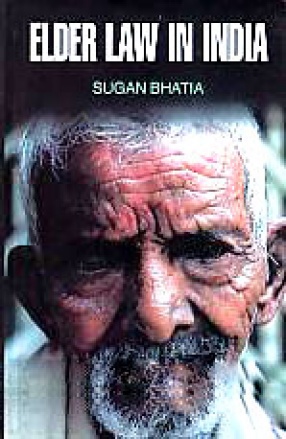
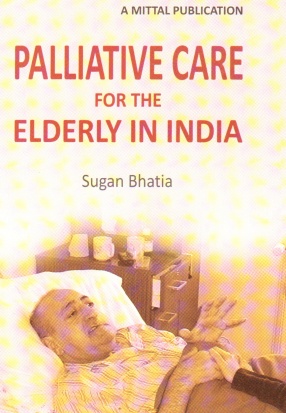
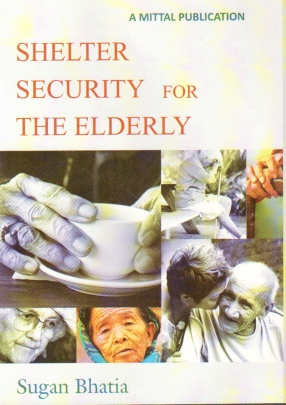
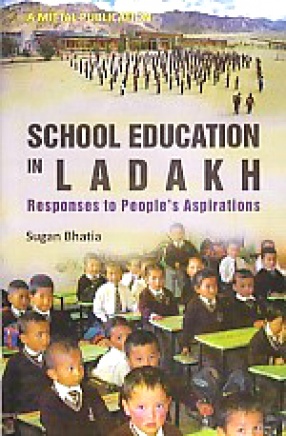
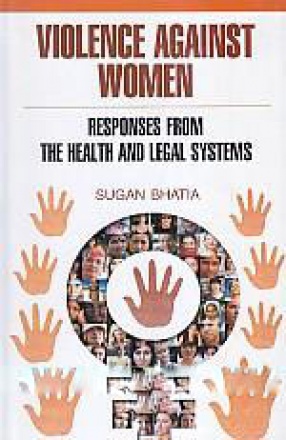
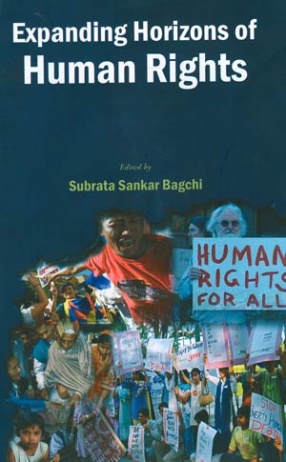
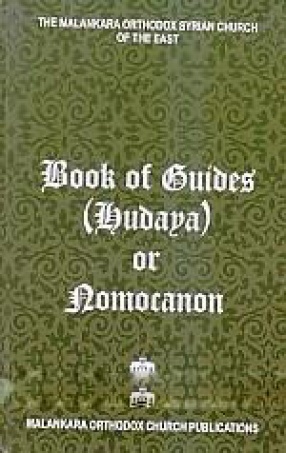
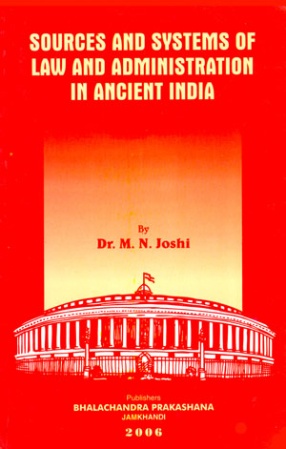


Bibliographic information